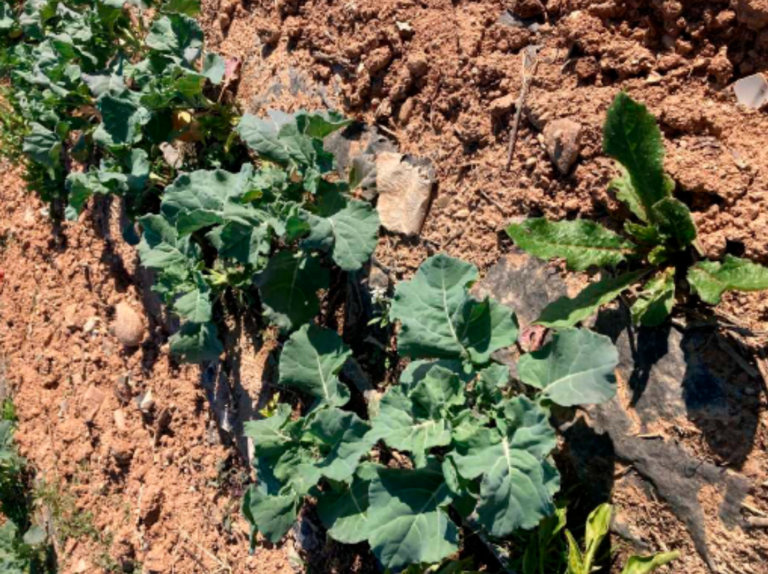After an exhaustive characterisation of the agricultural paper mulch, LIFE AgroPaper® has enabled intensive field trials for the use of AgroPaper® with two main actions. The first one has been a series of trials carried out in plots under plastic and plots under paper. The second one, the validation process for 5 selected crops, climates and locations.
The first action is described below:
1 -Trials carried out on plots under plastic and plots under paper.
In particular, the adaptation of agricultural machinery, the properties of paper and crops and the state of the soil have been analysed.
LIFE AgroPaper® partners Floreale, Florette and AN tested two consecutive growing cycles of a variety of crops. AgroPaper® (SXWS 90 T+B) was tested in different climatic conditions and locations (France, Navarra and Murcia).
And CEBAS-CSIC, also a partner, carried out the soil-plant analyses.
The following soil agronomic parameters were analysed: pH/EC (electrical conductivity), total organic C and water-soluble C contents, carbohydrates, humic substances, total N and water-soluble N, volatile organic matter and macro- and microelements.
Soil environmental parameters analysed were: anions (nitrates, nitrites, phosphates, chlorides and sulphates), heavy metals, presence of pathogens and microplastics.
Regarding soil biodiversity, microbial respiration (CO2 release), soil enzymatic activities, PLFAs, lipid acid profile and metagenomic analysis (abundance of soil bacterial and fungal communities) have been analysed.
Phytotoxicity has also been analysed as the effect of possible trace materials from paper extracts and soil water on the germination of Hordeum vulgare and an analysis of plants for yield and biometric measurements and yield quality analysis.

CONCLUSIONS
After analysing all soil samples and observing the evolution of each field trial, CEBAS concluded that AgroPaper® can be a suitable candidate to replace plastic mulches, but with some considerations:
“Our results have detected a variety of patterns and outcomes due to the casuistry of each of the trials. These specific casuistry include:
a) climatic conditions;
b) type and period of cultivation;
c) soil type;
d) mulch management;
e) the length of time the paper residues were shredded and buried in the soil after harvest;
f) soil management; and
g) the machinery used for this purpose.”
CONCLUSIONS ON CROPS:
a) AgroPaper® previene la proliferación de adventicias, y es bueno para regular la temperatura del suelo, especialmente en lugares más cálidos y en periodo estival.
b) Los daños que puede provocar sobre el cultivo a causa de problemas de rasgado por errores en la instalación o por una degradación demasiado temprana de los bordes del acolchado, es un problema a tener en cuenta.
CONCLUSIONS ON SOIL:
a) AgroPaper® increases soil organic matter (addition of exogenous organic materials) and soil fertility;
b) Soil activity can be improved when the paper is integrated into the soil.
This project is financially supported by the LIFE programme of the European Union under the reference: LIFE 19 ENV/ES/000404.

